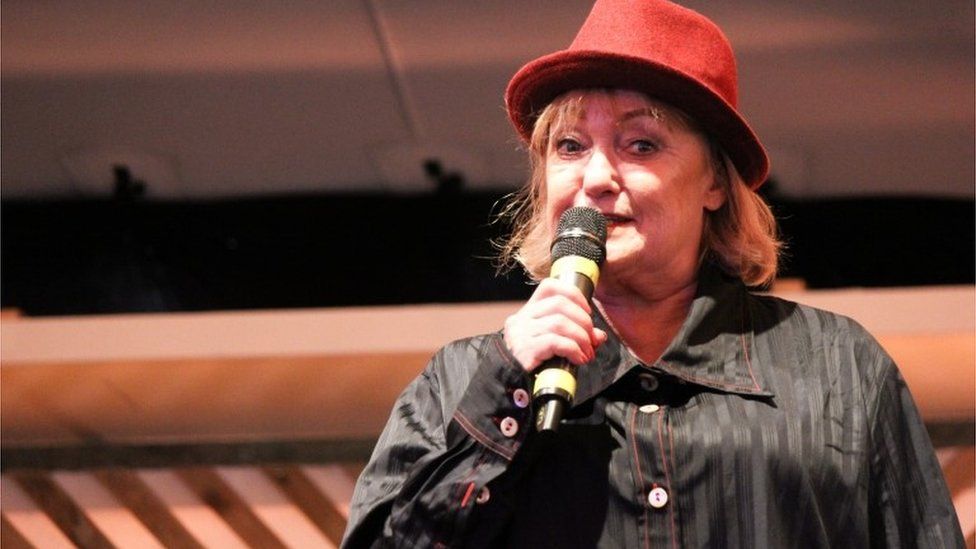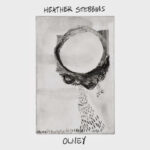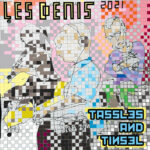‘A true champion of Welsh music, who has touched so many hearts. She was truly a pioneer, an inspiration and will be really missed by many’ – Gwenllian Anthony of Welsh Music Prize winners Adwaith.
Here in the final days of 2021, women are still not proportionally represented in the music industry on any level, despite initiatives to redress the stubborn imbalance between the sexes. When BBC radio presenter and passionate music lover Janice Long, who died on Christmas Day aged 66, started her career at Radio Merseyside in 1979, the disparity was even more alarming. In spite of that – or in defiance of it, perhaps – she accomplished a number of incredible firsts, becoming the textbook definition of trailblazer and pioneer. Long was the first woman to present Top of the Pops, a role continued for five years; and starting in 1983, the first woman to present a daily show on male-dominated Radio 1. She was one of the main UK hosts on 1985’s Live Aid benefit concert. She did all this in the days when hearing a northern woman proudly speak in a regional accent across national broadcast media, was as rare as rocking horse droppings.
In her home city of Liverpool in 1998, she founded the short lived alternative music independent radio station Crash FM. More recently, Janice was a patron of The Liverpool Institute for Performing Arts (LIPA) and the social & educational hub The Florrie. This year she was awarded an honorary doctorate for Music and Art by Edge Hill University.
Following the news of the broadcaster’s death, much has been made of Long’s talent spotting accomplishments from past years. And what a strong CV she built up, giving early breaks and sessions to artists who went on to achieve substantial chart successes and earn iconic status. She championed Primal Scream, Amy Winehouse, Adele, the Smiths, Frankie Goes to Hollywood and so many more, before anyone else even knew their name. But just as importantly, even in her fifth decade of broadcasting Long stayed as relevant as ever, cherishing the value of championing new artists. Since 2017 Janice presented a weekday night show on BBC Radio Wales, following on from a long-running late night residency on Radio 2. She used the space to passionately support Welsh artists, refusing to concentrate on her own past glories and instead gave airtime to younger, new and emerging, and independent musicians.
Gareth Bonello aka The Gentle Good, who won the Welsh Music Prize in 2017 observes that through her BBC Radio Wales show she played the ‘stratospherically’ famous alongside less well known, and gave many artists just starting out first sessions and airplay. Bonello performed and appeared on the programme on multiple occasions. ‘Janice had a passion for new music that remained undiminished throughout her career, which endeared her to music fans everywhere. She made a huge contribution to the contemporary Welsh music scene through her brilliant show. Janice took a keen interest in new releases and introduced many Welsh artists to a dedicated audience that tuned in from all over the world,’ he says. ‘Known to many of the UK’s biggest (and coolest) bands, Janice was always there to support those of us a bit further down the ladder. It was thanks to Janice’s invitation that I played Moseley Folk Festival in 2012 with Richard James (Ex-Gorky’s Zygotic Mynci). Janice’s taste in music was sophisticated, raucous and eclectic. The last time we spoke was live on air in June of this year, where she eagerly quizzed me on the making of an album of folk music in Northeast India.’
It feels strange now to reflect that in the 1980s that Janice was sacked from her Radio One programme – on which she featured Wham! as guests alongside indie acts, showing a total lack of music snobbery on her part – for being unmarried and pregnant. And yet, once one underepresented woman kicks the door open, it’s easier for others to join her.
If you see it – or hear it, on the radio every weeknight Monday to Thursday in her case – you can be it. The world we live in now may have still a substantial way to go before equality is reached but it’s an easier one within which to progress and thrive and find opportunities. And to find the confidence to rail against ever present sexism and othering, due in no small part to her achievements. We have a lot to thank her for.




